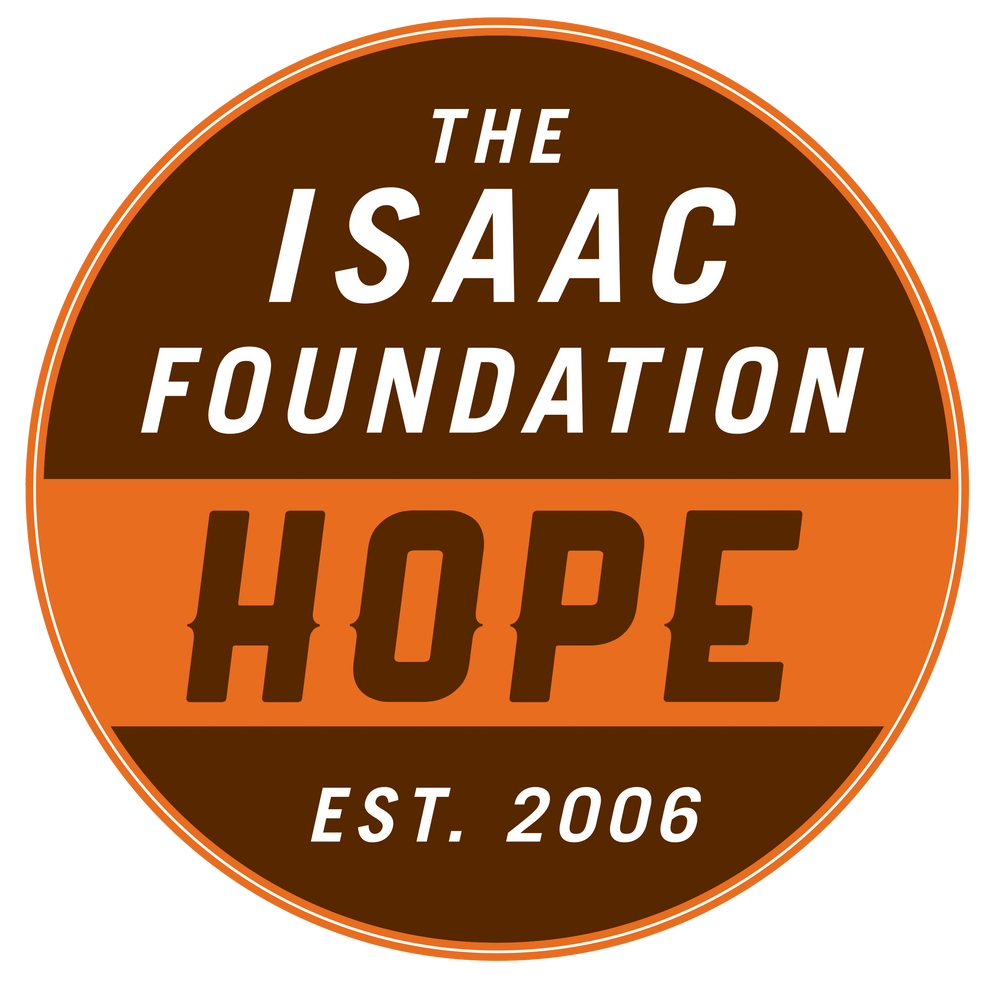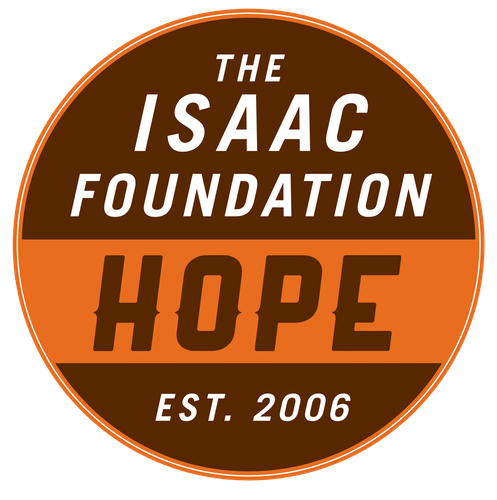



Published: 8/8/2012
 The following is part one of an interview with Andrew McFadyen, the father of eight-year-old Isaac who has the rare disease MPS VI. Part two will feature the McFadyen family’s advocacy for other children diagnosed with the disease. The third part will announce their lofty new fundraising project.
The following is part one of an interview with Andrew McFadyen, the father of eight-year-old Isaac who has the rare disease MPS VI. Part two will feature the McFadyen family’s advocacy for other children diagnosed with the disease. The third part will announce their lofty new fundraising project.
CAMPBELLFORD - A year ago this time, Andrew McFadyen would have said his oldest son, Isaac, was the healthiest he had ever been.
Even in October, the McFadyen family from Campbellford was in part celebrating that success at The Isaac Foundation’s second annual Gala For A Cure in Cobourg.
“Three weeks after that we got word that his heart wasn’t doing all that well,” Andrew McFadyen said during an interview earlier this week. “Then in early March, he had some sort of brain event that we don’t really know what it was. There were indications that it could have been a stroke. So we’ve been spending a lot more time than normal at the hospital. We spend a lot of time there anyway but we were doubling and tripling up on our trips and having a lot of emergency scans and emergency tests.”
Isaac McFadyen, who is now eight years old, has lived with MPS VI (Maroteaux Lamy Syndrome) since 2005. He is one of only nine confirmed cases in Canada — and about 1,100 worldwide — of the disease which is caused by a rare enzyme deficiency. Andrew McFadyen and his wife, Ellen, established The Isaac Foundation in 2006 to help raise awareness of the disease and money to help fund innovative research projects.
Having watched his oldest child live with the progressive disease since 2005, McFadyen said every day is a blessing for himself and Ellen, who also have a younger son, Gabriel.
“When we were told he might not live past the age of seven, every moment with him is a gift and we recognize that and take it all in and it’s really special for us,” he said.
This story about the McFadyen family isn’t new, but rather more of a reintroduction.
For those who don’t know, symptoms of MPS VI include stiffening joints, stunted growth, heart and airway disease, spinal cord compression and a shortened life span.
“Children who have this condition lack an enzyme in their blood that breaks down all of the complex sugars,” McFadyen explained. “We have the complex sugars that build up naturally in our body, it has nothing to do with the foods that we’re eating or the diet that we’re on. They just build up naturally in our body and are broken down by all the enzymes in our blood. Children that suffer from MPS lack one of the enzymes responsible for breaking down those complex sugars, so instead of breaking down, they find a place to go and store. They store up in the bones, the tissues, the organs, the muscles…very progressively throughout the course of the affected individual’s lifespan.”
As devastating as the news of the diagnosis was all of those years ago, there was still a rollercoaster of emotions to follow.
First, there was hope when they found out a treatment was available to slow the progression of the symptoms, but at a price tag of a million dollars a year that the Ontario government would have to agree to pay for.
“Parents have to endure the devastating news that their child has been diagnosed with this condition. I was sick for weeks and lost 40 pounds. It’s not news I would wish on any parent ever,” McFadyen said. “We were told at the time that Isaac wouldn’t make it past his early teens and that even by seven years old he might be gone from us. That was really, really hard for both my wife and I to take in and handle.
“Then this idea that we found there’s a treatment that can stave off the disease, slow it down…that’s incredibly hopeful and you want to do everything in your power to ensure your child can get this treatment. But then there’s this hook that yes you can bring it to Canada so long as the Ontario government says they’ll pick up the price tag of a million dollars.”
While not a cure for MPS VI, the life-sustaining treatment available is called Naglazyme, which is an Enzyme Replacement Therapy designed to provide patients with a synthetic version of the enzyme they are lacking. Small doses are infused into the patient’s bloodstream.
Naglazyme is only available to Canadian patients through the federal government’s Special Access Program.
Initially, the McFadyens request to the provincial government was denied.
“Being told no from your government, no we’re not going to pay to save your child’s life is devastating, it’s heartbreaking, it’s worrisome…it makes you question the priorities of the people in charge.
“That was really hard, in one sense trying to cope and trying to just come to terms with your new circumstance in life and then to turn around and not have your government look after you was disappointing and discouraging for us.”
They didn’t give up, though, and continued to lobby the government. With the help of former Conservative MPP Elizabeth Witmer, who was the opposition’s health critic at the time, they were ultimately successful (more on the initial rejection and subsequent approval in part two of this interview tomorrow).
Isaac heads to Sick Kids in Toronto a weekly basis and the treatment has altered his life.
“Had he not been on this treatment, he would be suffering from a lot of very, very devastating symptoms,” McFadyen said.
Despite the setbacks during the past year, McFadyen said he believes, and hopes, that Isaac’s condition is stable again.
“We always have hope that’s the case, but we know that we have to work really hard and find a cure and other treatments because as we’ve known from the start this treatment isn’t a cure,” he remarked. “You can only stave off the disease, or slow it down for so long. There’s always going to be this disease building up in his body and so I guess this past year has really just re-motivated us and re-energized us to ensure that we can find a cure for him and everyone who has this disease.”
McFadyen said there’s a “tricky balance” of developing a sense of normalcy when things are going well.
“It just becomes an everyday part of your life — our weekly trips to Toronto, his receiving this very expensive medication that seems to be doing really well — and then you’re blind-sided with what you think is a routine heart appointment. You’re blind-sided when his schools calls and says he’s suffering this incredible headache and can’t see out of his eye,” he said. “That blind-sided news takes you right back to the start again. That’s what we’ve been going through this past year. We keep telling ourselves we’ll never let our guard down again, but sometimes it’s okay that we do because that means things are going really well and he’s doing okay.”
Isaac’s parents want him to live as normal a life as he possibly can.
“We don’t want Isaac ever to just be identified as the sick little boy,” McFadyen said. “We want Isaac to be identified for who he is and what he does and the fact that he just happens to have this rare disease.”
twitter.com/NT_jgard